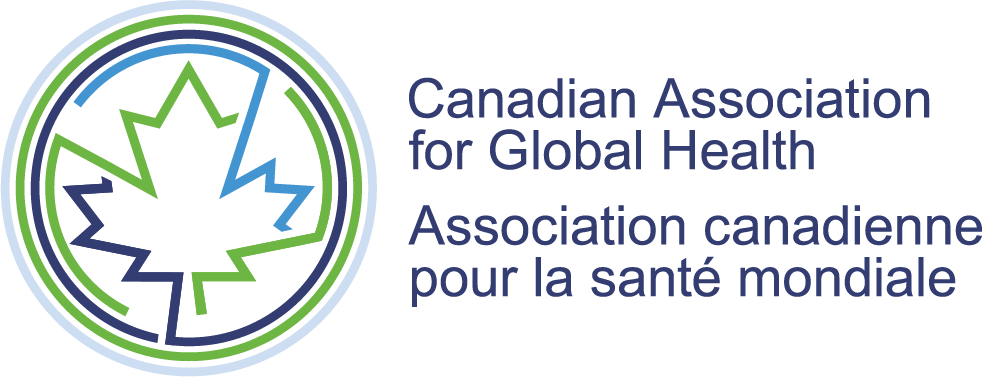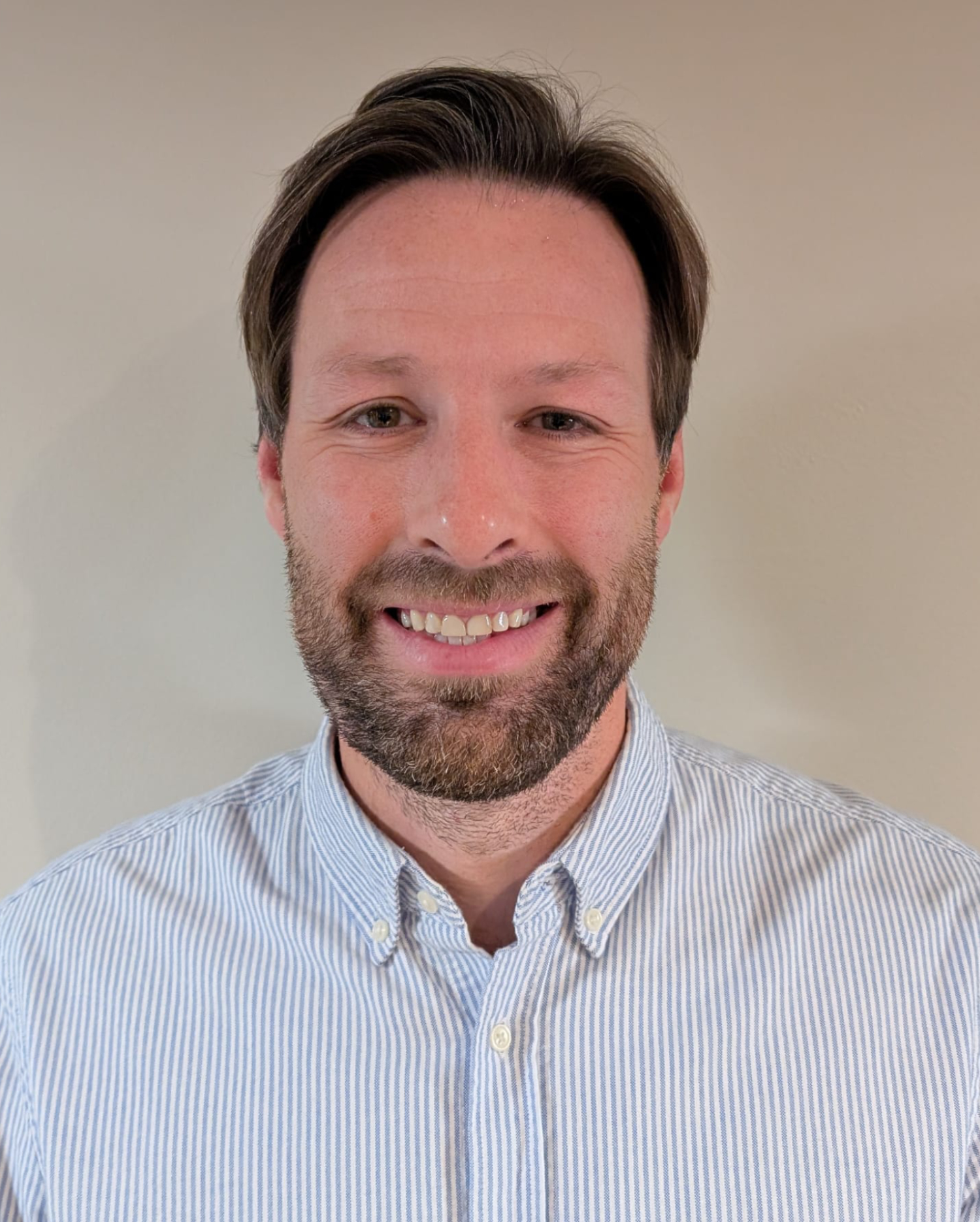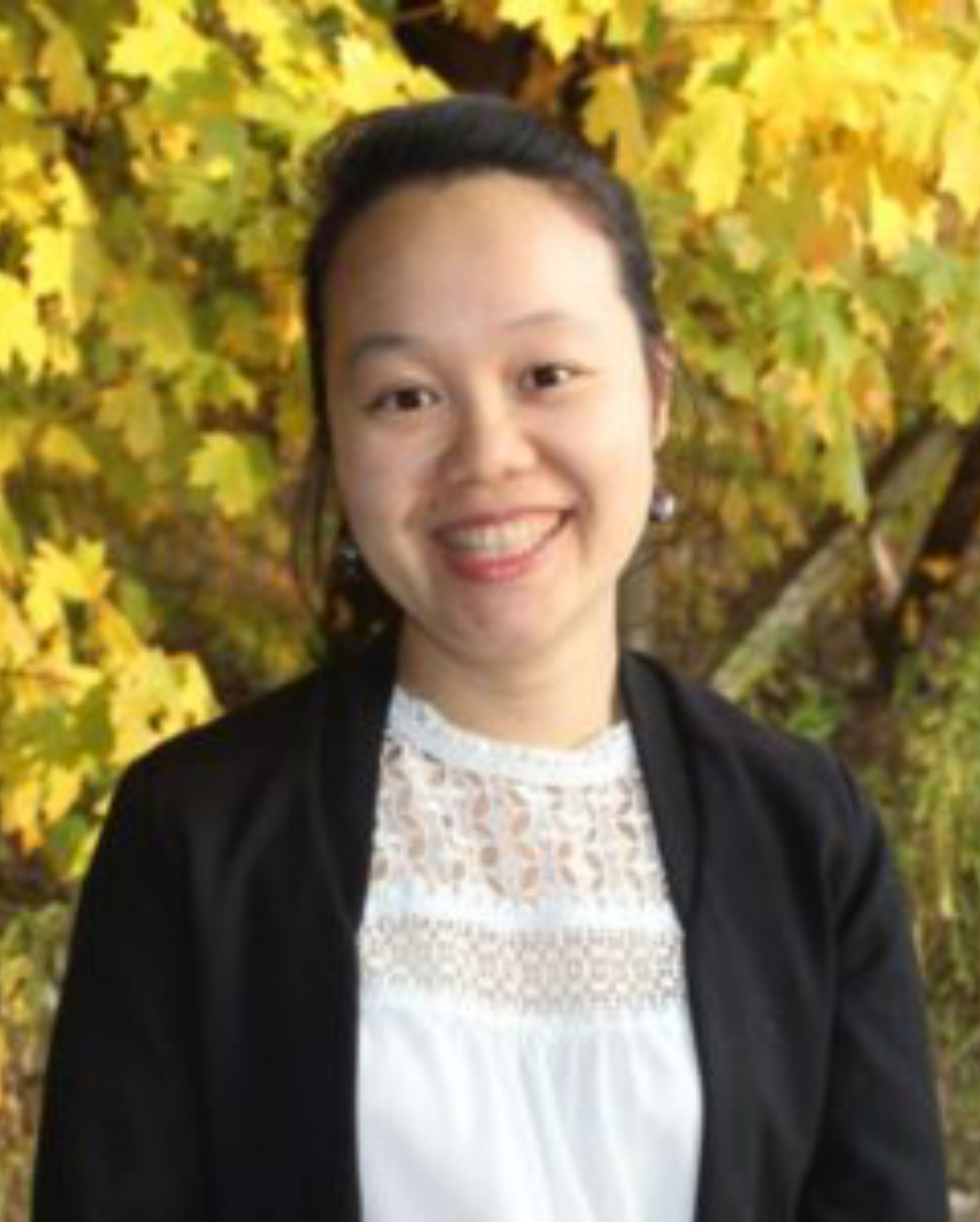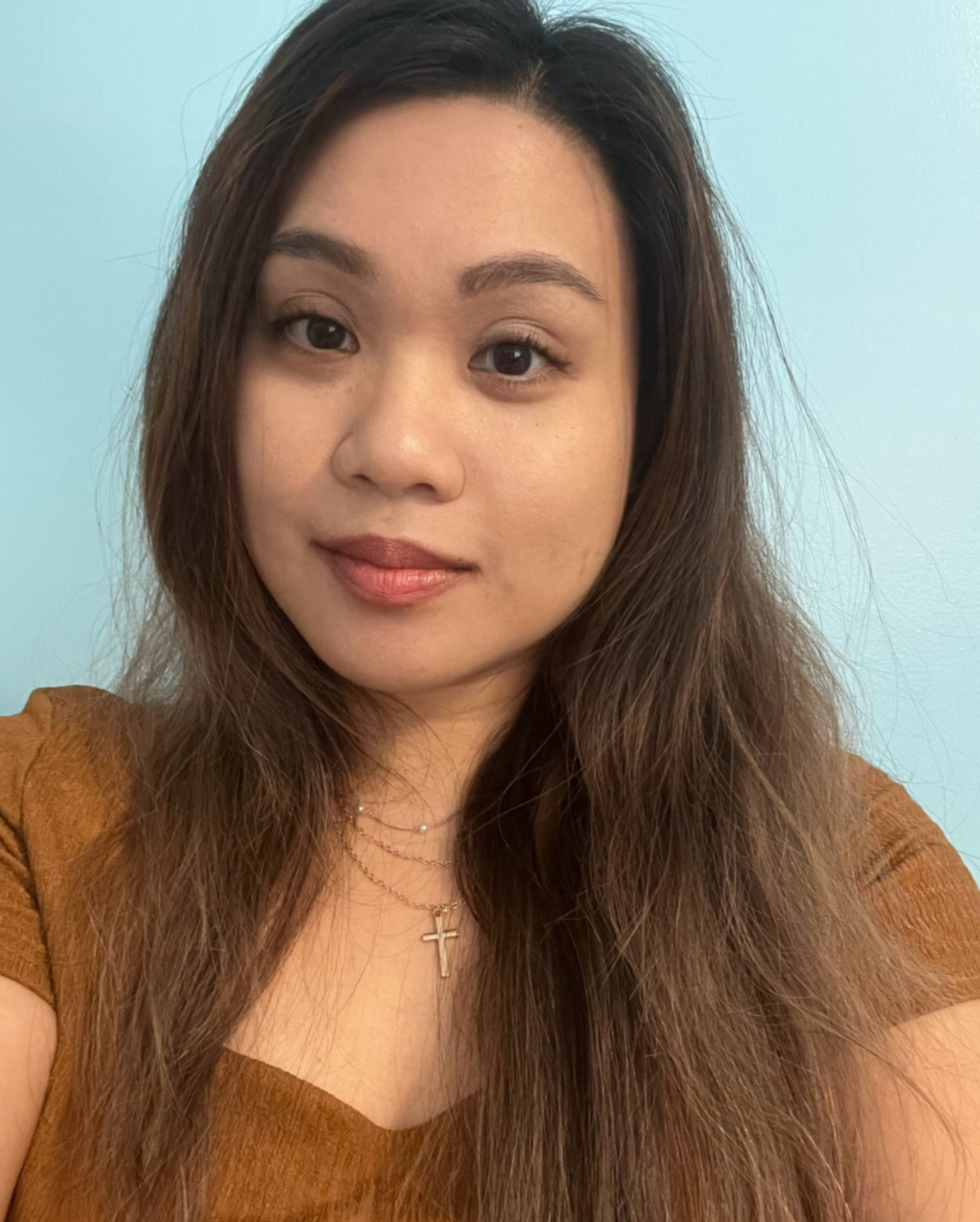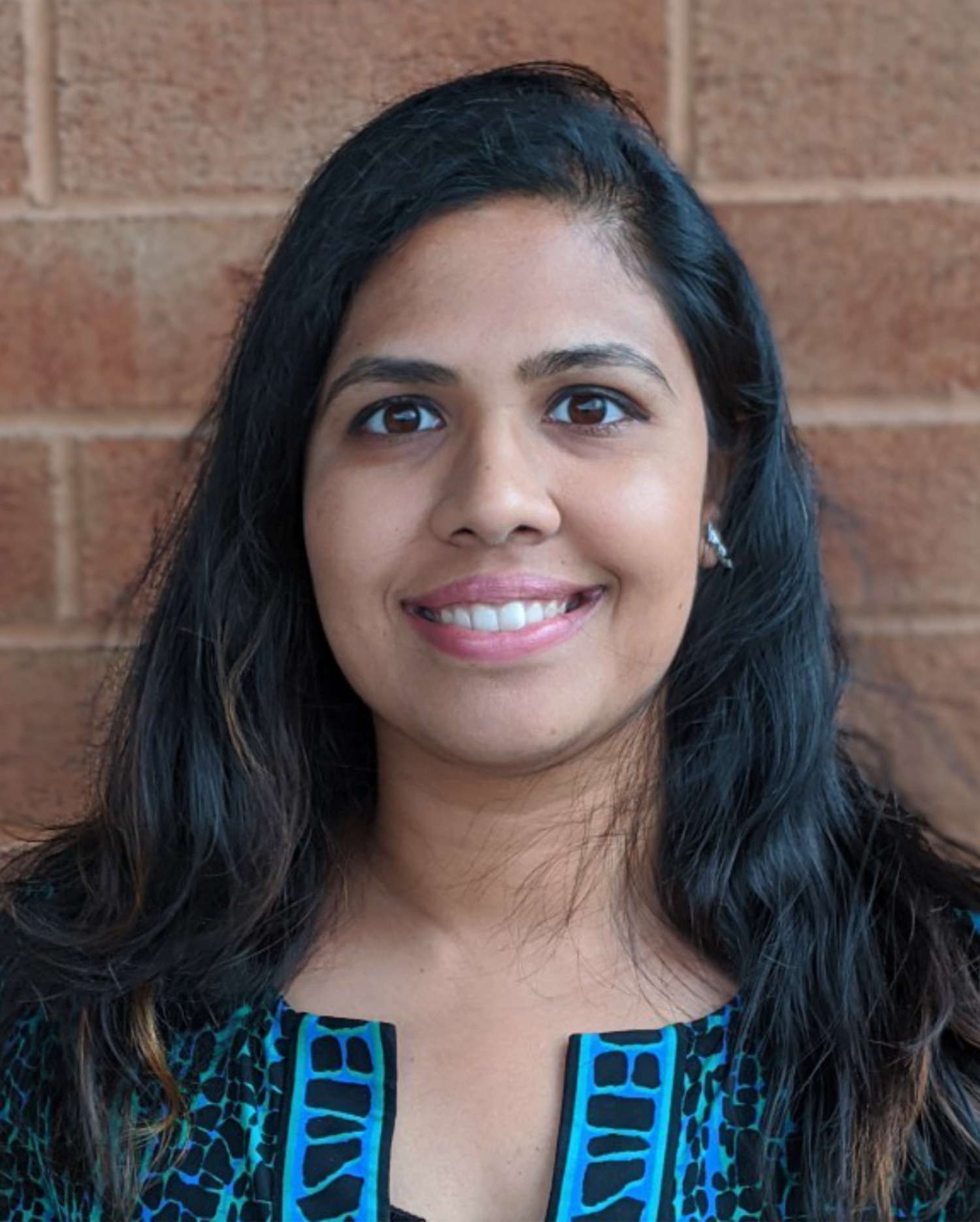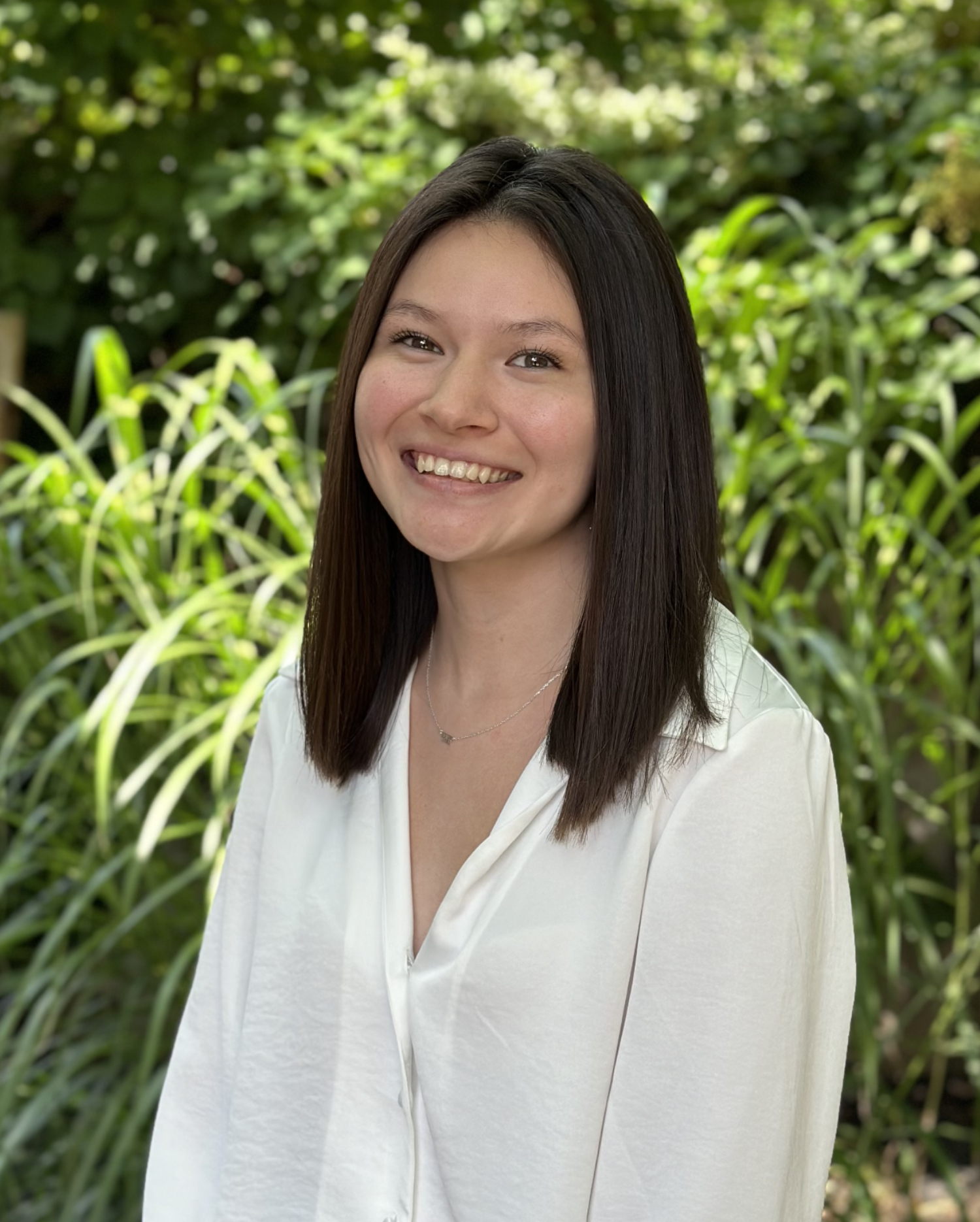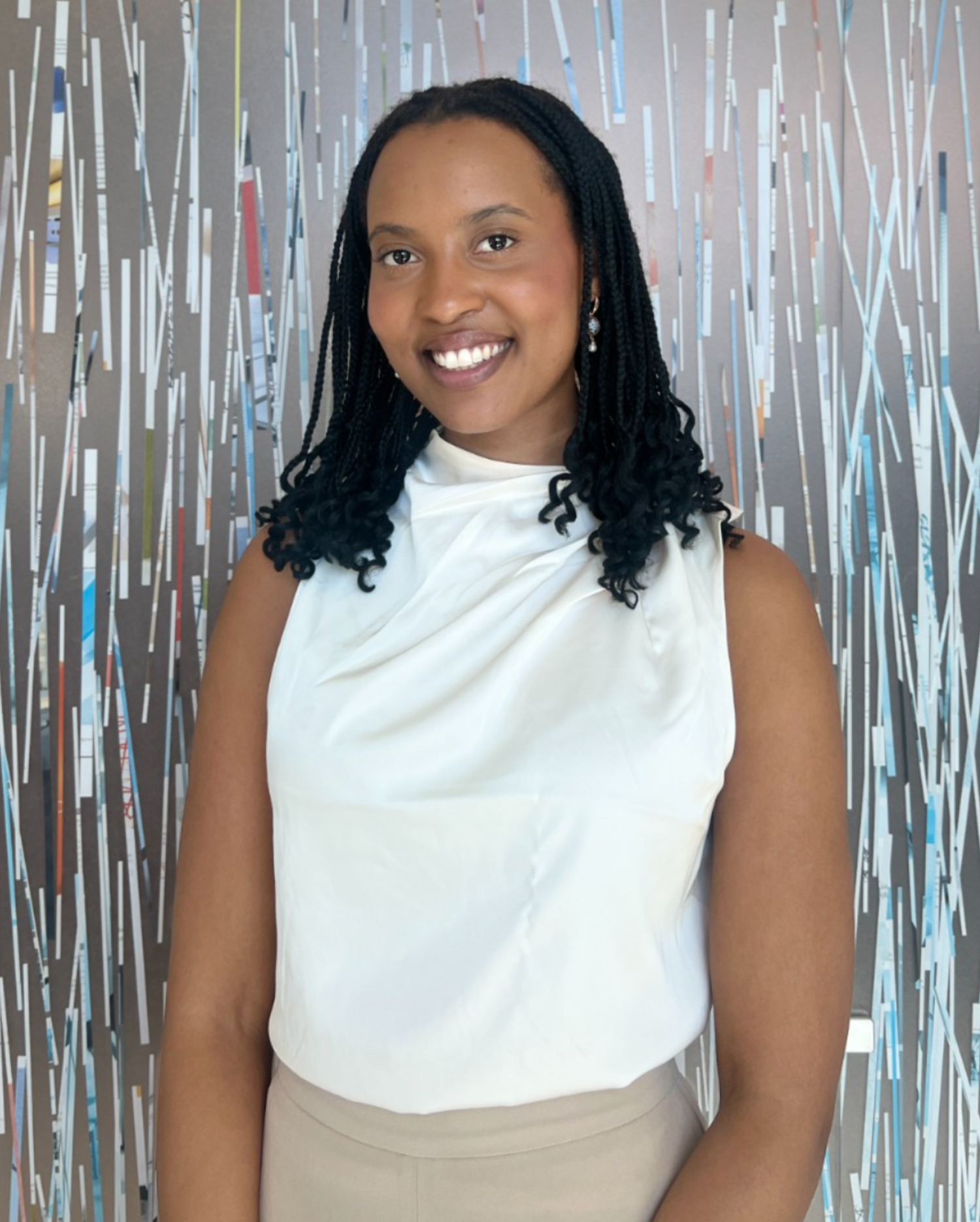MentorNet
Le programme MentorNet de l'ACSM connecte des étudiants.es et nouveaux professionnels.elles (ÉNP) intéressés par la santé mondiale à des experts.es dans le domaine et leur offre un cadre de discussion et de mentorat sur une période de huit mois.
L'ACSM offre un programme de plus de 40 divers modules de formation en santé mondiale et met à disposition un.e agent.e de liaison (membre du comité directeur MentorNet) pour soutenir et faciliter le processus de mentorat. Le programme est très flexible, avec des mentors et ÉNP libres d'adapter le programme à leur convenance. En moyenne, les paires ÉNP-mentor se réunissent une fois par mois via Skype ou en personne, en utilisant les modules éducatifs fournis par leurs agents.es de liaisons comme un excellent point de départ.
Une expérience de mentorat réussi est celle qui profite autant au mentor qu’à l’ENP à travers l’exploration de nouveaux outils, l'obtention de nouveaux points de vue sur un sujet, et l’échange de conseils de vie et de carrière en santé mondiale.
Les candidatures pour notre programme MentorNet sont maintenant closes. Le prochain cycle sera bientôt ouvert.
Comment ça marche?
- Les étudiants.es et nouveaux professionnels.elles (ÉNP) intéressé(e)s et les mentors potentiels postulent en ligne pour participer au programme.
- Les candidatures ÉNP sont évaluées et notées selon des critères prédéfinis.
- Les ÉNP les plus performants et les mentors disponibles sont jumelés en fonction de leurs intérêts communs dans le domaine de la santé mondiale.
- Après la première rencontre, le binôme ÉNP-mentor identifie les modules qui les intéressent afin que leur soit proposé les supports de formation adaptés.
- Le binôme entretient une conversation soit en personne, par téléphone, par Skype ou par courriel, aussi souvent qu'ils le jugent possible.
- Afin de stimuler les conversations et les discussions sur les questions de santé mondiale, des modules mensuels sont envoyés par le responsable du programme. Ils comprennent des articles d'actualité, des articles universitaires, des ressources multimédias et d'autres supports pédagogiques.
L'engagement de temps prévu est de 1 à 2 heures par mois pendant une période de huit mois, à compter du début de l'année civile.
Vous avez d'autres questions ? Consultez notre FAQ.
Avantages pour les ÉNP
- Établir des relations avec des professionnels de premier plan dans votre domaine d'intérêt.
- Apprendre de l'expérience de professionnels chevronnés dans le domaine de la santé mondiale.
- Discuter de vos objectifs de carrière et obtenir des conseils.
- Améliorer la compréhension des enjeux actuels en matière de santé mondiale.
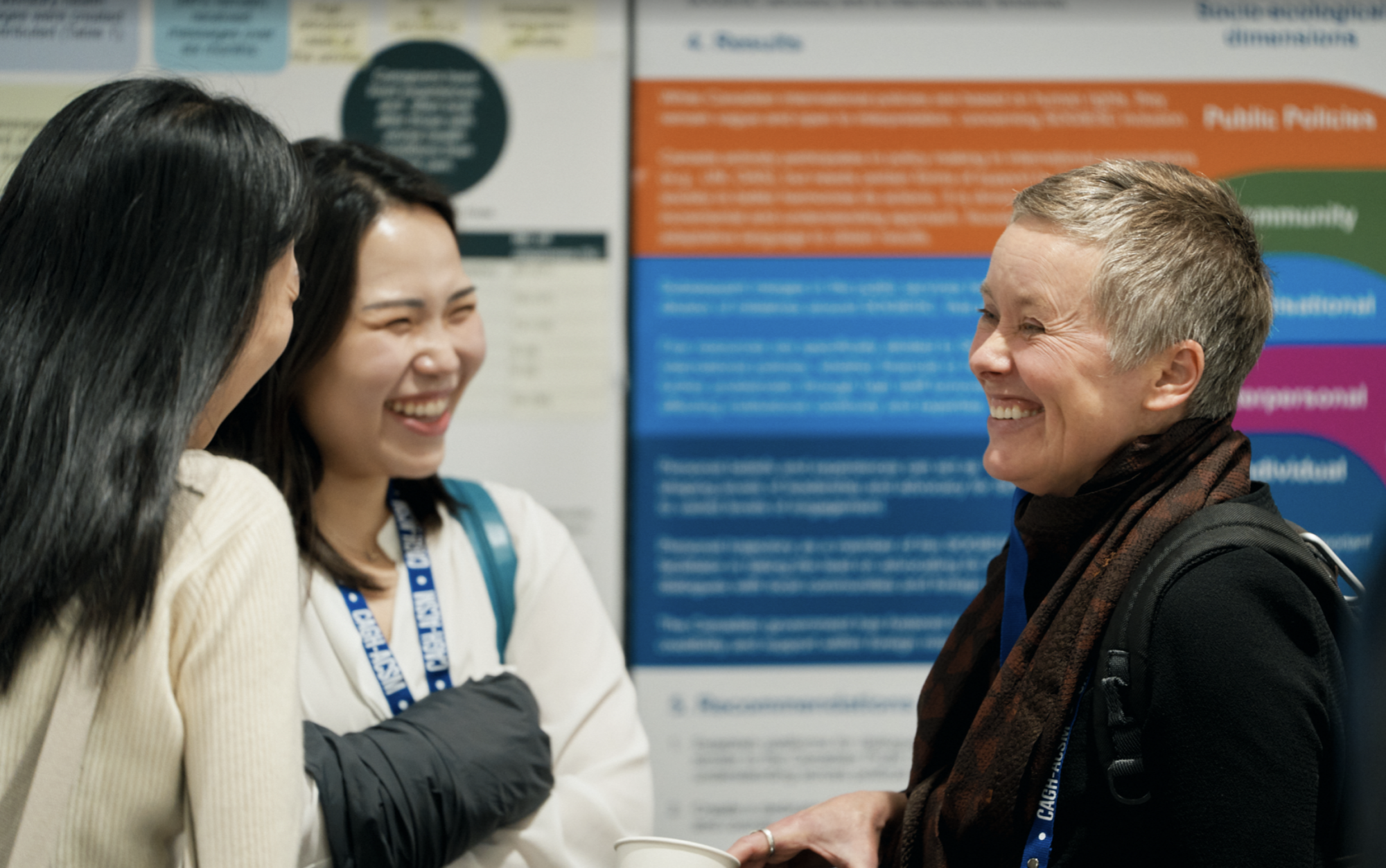
Avantages pour les mentors
- Acquérir une nouvelle perspective sur le domaine de la santé mondiale du point de vue des apprenants.
- Discuter des défis actuels en matière de santé mondiale avec de jeunes esprits enthousiastes.
- Soutenir et partager ses passions avec la prochaine génération de leaders dans le domaine de la santé mondiale.
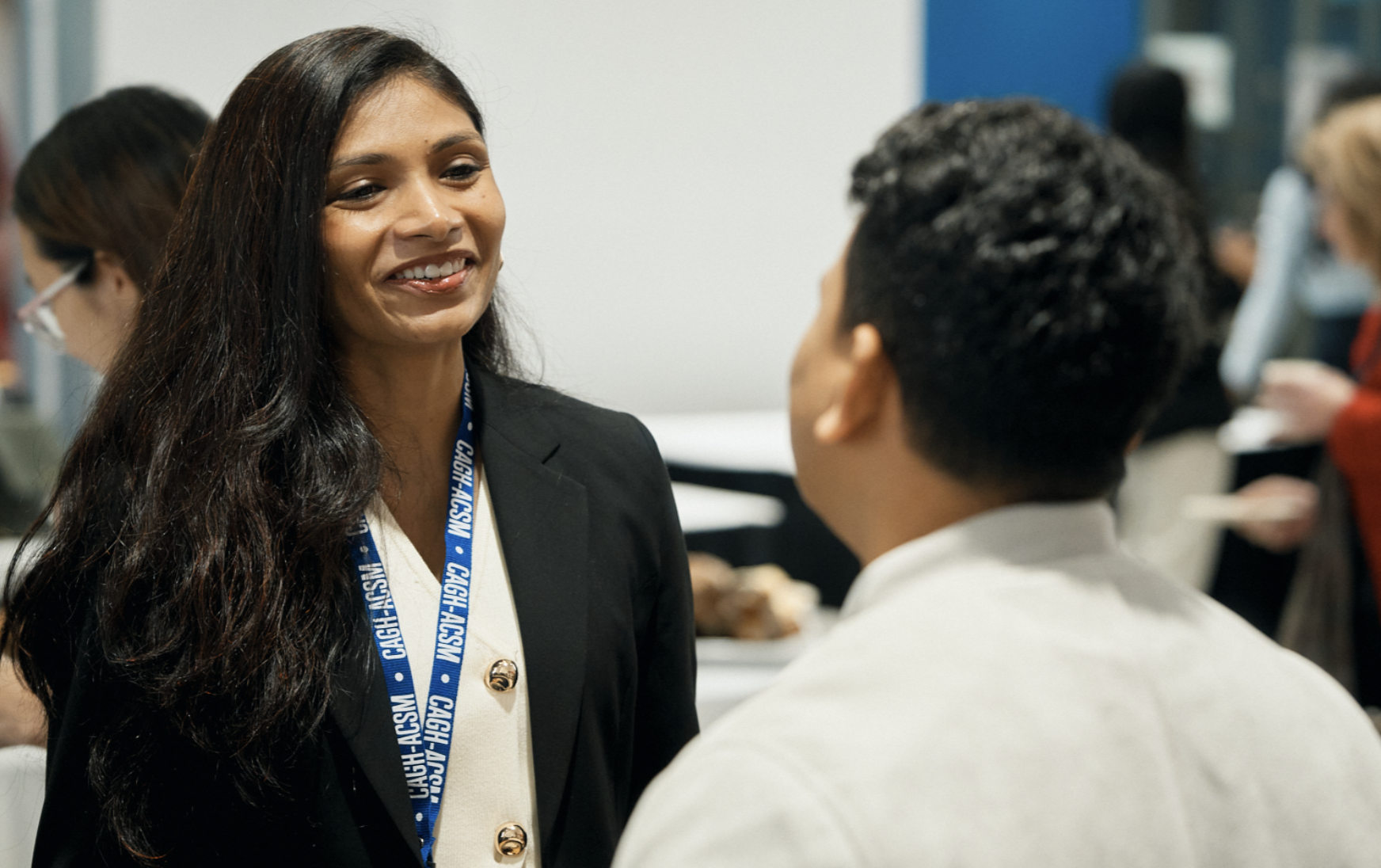
Devenez mentor/mentoré
Candidatures pour MentorNet 2025-2026
DATE LIMITE : 31 août 2025
Le programme MentorNet 2025-2026 acceptera les candidatures d'étudiants en santé mondiale, de jeunes professionnels ainsi que de professionnels chevronnés.
- Étudiants et jeunes professionnels : Les candidatures pour devenir mentoré(e) CAGH 2025-2026 sont ouvertes !
- Veuillez remplir soigneusement le formulaire de candidature ÉNP afin de faciliter la mise en relation entre mentors et mentorés.
- Professionnels chevronnés en santé mondiale : les candidatures pour devenir mentors de l'ACGH pour la saison 2025-2026 sont ouvertes !
- Veuillez remplir soigneusement le formulaire de candidature pour mentor afin de faciliter la mise en relation des mentors et des mentorés.
Comité directeur
Foire aux questions
Aucunement. Les demandes d’étudiants/jeunes professionnels (EJP) et de mentors de partout dans le monde sont acceptées.
Les participants (mentors et mentorés) n’ont pas à appartenir à un groupe d’âge précis. L’évaluation des candidats ne s’effectue pas en fonction de l’âge mais plutôt sur la base de leurs intérêts et leurs expériences au niveau de la santé mondiale, de leurs réflexions touchant le mentorat et de leur motivation.
Même si le mentorat est traditionnellement vu comme une relation entre un professionnel expérimenté et un jeune apprenti, nous croyons que les jeunes professionnels (ayant entre 3 et 8 années d’expérience) ont beaucoup à offrir à des étudiants du même champs de pratique. En effet, dans certains cas, des étudiants peuvent être plus à l’aise avec quelqu’un qui se trouvait récemment dans la même situation qu’eux. Si vous êtes un jeune professionnel et vous sentez à l’aise à l’idée d’être un mentor, nous vous encourageons à faire une demande dans ce sens. Nous vous demandons d’indiquer votre niveau d’expérience dans votre application, de façon à ce que nous puissions vous jumeler avec un mentoré qui est moins expérimenté dans votre domaine.
Bien sûr ! Nous croyons qu’il soit possible qu’une personne puisse être à un stage de sa carrière où il peut être approprié et utile d’être mentoré et mentor. Si vous vous trouvez dans cette situation, veuillez compléter une demande de mentoré et de mentor. Les deux formulaires contiennent des questions propres à chacun des rôles.
De par sa nature même, la santé mondiale est un champ multi/inter/trans-disciplinaire. Nous sommes à la recherche d’un groupe de mentorés/mentors qui reflète cette diversité. Que votre arrière-plan en soit la santé, la consultation, les arts, l’ingénierie, les affaires, le design, la loi, l’environnement, le développement, les politiques publiques ou les relations internationales, nous sommes à la recherche d’individus motivés pour relever les défis de la santé mondiale dans leur domaine professionnel.
Nous participons à la formation d’environ 30 à 35 duos par année de programme. Ce nombre peut évidemment varier sensiblement selon la qualité et la quantité de demandes reçues pendant l’année.
Nous recevons habituellement près de 150 demandes par années. La compétition est donc assez vive avec seulement 30 à 35 positions disponibles.
Il faut fournir un résumé court et réfléchi décrivant votre créneau en santé mondiale tout en incluant des détails à propos de vos intérêts et vos expériences dans le domaine ainsi que votre arrière-plan académique et vos objectifs de carrière. Les requérants qui articulent bien la façon dont le programme de mentorat changerait leur croissance personnelle ou professionnelle reçoivent souvent plus de considération.
Les demandes sont évaluées en fonction des critères suivants : 1) Intérêts et expériences en santé mondiale ; 2) Les motifs derrière l’engagement dans une relation de mentorat ; 3) Le professionnalisme et l’effort déployé dans la demande ; 4) L’engagement dans le programme. Chacune des catégories est évaluée différemment. L’engagement dans le programme (en termes de disponibilité et d’enthousiasme démontré) est habituellement le critère ayant le plus d’importance.
Les mentorés les mieux cotés sont jumelés sur la base de leur domaine d’intérêt en santé mondiale, de leur arrière-plan académique et de leur emplacement géographique. Nous tentons d’associer les candidats en utilisant l’ensemble de ces critères. Si cela s’avère impossible, nous mettons l’accent sur l’association des EJP et des mentors selon leur domaine d’intérêts commun.
Dans le but de maintenir le processus d’évaluation le plus impartial possible, nous ne pouvons acquiescer aux demandes de jumelage à un mentor en particulier. Par contre, le formulaire de demande contient une section vous permettant de décrire les caractéristiques et les compétences recherchés chez votre mentor. Cet espace pouvant être utilisé pour décrire votre « mentor idéal » est pris en considération lors de l’évaluation.
Nous demandons aux mentors de consacré une à deux heures par mois (certains mentors choisissent d’en investir plus). La plus grande partie de ce temps sera passé à interagir avec le mentoré par des courriels, des appels Skype ou des conversations en personne. Quelques tâches supplémentaires associées au programme, par exemple remplir des formulaires d’évaluation, s’ajouteront à ces activités.
Le mentoré devra investir au moins une à deux heures par mois dans le programme. Ce temps peut varier légèrement selon votre entente avec le mentor. Par exemple, si vous désirez compléter tous les modules (ce niveau d’engagement demande plus de temps), le temps consacré pourrait s’approcher des trois heures par mois.
Quoique que le programme ne le requiert pas, les mentorés peuvent avoir l’opportunité de travailler avec leur mentor à la rédaction d’articles et de blogues ainsi qu’à des présentations dans le cadre de conférences. Il arrive que des mentors puissent procurer des stages ou des opportunités d’emploi à leur protégé mais ceci n’étant pas toujours le cas, les EJP ne doivent pas l’exiger ou s’y attendre.
Veuillez noter que ces projets ont été organisés par des étudiants anglophones et ont donc été rédigés en anglais.
Projets antérieurs (2021)
Colonialism in speech-language pathology: Moving forward
Project By: Hillary Ganek
Mentor: Shubha Nagesh
How we communicate is one way through which we tell the world who we are. The vocabulary, syntax, and speech sounds we use tell others where we are from, our age, our gender, our socioeconomic background, and our cultural associations. The language learning process initiates us into our communities by implicitly teaching us the norms and values of our society. It has, therefore, also been used as a tool for colonialization; disrupting the transfer of indigenous cultures across generations. Those with communication disorders in the majority world face further difficulties when attempting to learn language. While the number of people with communication disorders worldwide is unknown, the WHO estimates that ~15% of the world’s population is experiencing a disability that may affect how they communicate.
Colonialism and Health
Project By: Joann Varickanickal
Mentor: Manisha Pahwa
How we communicate is one way through which we tell the world who we are. The vocabulary, syntax, and speech sounds we use tell others where we are from, our age, our gender, our socioeconomic background, and our cultural associations. The language learning process initiates us into our communities by implicitly teaching us the norms and values of our society. It has, therefore, also been used as a tool for colonialization; disrupting the transfer of indigenous cultures across generations. Those with communication disorders in the majority world face further difficulties when attempting to learn language. While the number of people with communication disorders worldwide is unknown, the WHO estimates that ~15% of the world’s population is experiencing a disability that may affect how they communicate.
Determinants of Health in Indigenous Peoples Worldwide
Project By: Regina Yuen
Mentor: Peter Tugwell
Indigenous populations are adversely affected by tuberculosis. Growing evidence report that social and behavioural determinants contribute to the development of active tuberculosis. Indigenous health inequality is affected by colonization, globalization, forced migration, loss of Indigenous language and culture - this leads to worse health outcomes.
Abortion Self-Care Looks Like
Project By: Frances Walker, MSc.
Mentor: Dr. Uzma Syed
I created a graphic story of what abortion self-care looks like, for many folks looking to terminate their pregnancies across different settings with different legal and cultural barriers to safe surgical abortion care. “Self-care” is defined by the WHO as “the ability for individuals, families, and communities to promote, maintain health, prevent disease and cope with illness with or without the support of a healthcare provider.” Although self-care has been practiced for millennia, the “self-care movement” has gained steam within recent years as a pivotal strategy for improved health systems, universal health coverage, and global development. It is especially important as the ongoing Covid-19 pandemic has caused many working within global public health to reimagine our systems, and to discuss tools for people to self-manage their health without relying on overburdened healthcare providers. Self-care can prove revolutionary in sexual and reproductive healthcare, due to prevalent social norms and legal barriers that prevent people from accessing the services they need, for example abortion-related care. Abortion-self care (sometimes referred to self-managed abortion or medical abortion) can allow people to access accurate information and tools to induce. Studies have shown that it is safe, effective, and that many people prefer it due to increased privacy. My graphic story describes self-care, and illustrates why it is an important tool for many people across the world.
Violence Against Women
Project By: Mary Olukotun
Mentor: Dr. Uzma Syed
Violence against women is a critical public health issue, a significant human rights violation, and a concerning global phenomenon. Women experience gender-based violence (GBV) from intimate partners and non-partners which manifests as physical, verbal, emotional and psychological, or sexual violence. Global estimates from the World Health Organization suggest that 1 in 3 women have experienced intimate partner violence or non-partner sexual violence in their lifetime. Physical and/or sexual violence by intimate partners account for almost 30% of these instances of violence. Additionally, 38% of all murders of women were committed by intimate partners. Though intimate partner violence (IPV) is documented to be most prevalent globally, all forms of violence have significant short- and long-term impacts and jointly contribute to the detriment of women’s health and well-being. This module examines GBV against women within the global context and is intended to foster understanding about the extent of this issue, risk factors, outcomes, and strategies for prevention.
Menstrual Hygiene Management: A Global Health Issue
Project By: Esther Osime
Mentor: Marylin Entwistle
Towards global knowledge-creation on rehabilitation
Project By: Bente van Oort, BSc.
Mentor: Dr. Djenana Jalovcic
In April 2020, we, Dr. Jalovcic and I, met for the first time online as part of the CAGH MentorNet program. What followed were monthly hourlong conversations on a range of topics, including disability studies, immigrant and refugee health and social determinants of health and social justice. But there was one subject we kept coming back to: community based rehabilitation (CBR).
We found that most knowledge, practice and research on CBR is located in low and middle income countries (LMICs). High income countries (HICs) seem to rarely use the CBR approach for rehabilitation practices. We discussed possible reasons behind this, including different knowledge systems, health infrastructures and attitudes and stance from researchers. But we mostly found that the lack of knowledge-exchange between LMICs and HICs hinders a global approach to knowledge-creation in rehabilitation practice. A global approach to rehabilitation may help to illuminate common principles and challenges around the world, allow for mutual learning and understanding, and ultimately improve the lives of the one billion people with disabilities globally. In an attempt to call for global knowledge-creation, we wrote a blog post that showcases five current challenges to rehabilitation practices worldwide and exemplifies how knowledge from either LMICs and HICs may provide insights and solutions in these issues.
Enhancing knowledge sharing for global health equity
Project By: Breagh Cheng, MSc.
Mentor: Dr. Jamie Uhrig, MD
This final project is a ~1500-word academic commentary on enhancing knowledge sharing for global health equity. Knowledge produced by specialized professionals can be translated to promote public understanding and decision-making. However, various barriers such as lack of training, few systematic incentives for open-data policies, and global gaps in research and development may affect this communication. This is especially timely to consider in the context of the COVID-19 pandemic, given the risks of misinformation that have been demonstrated with notable examples such as the use of unauthorized treatments for COVID-19. Through the application, translation, and dissemination of specialized knowledge, society has developed new vaccine technology and informed global policy responses during the COVID-19 pandemic. This essay highlights several preliminary considerations for ways to foster a culture of knowledge sharing aimed at promoting global health equity.
Intersectionality Module
Project By: Christina Nguyen, BSc, MSc (’22)
Mentor: Rukshan Mehta, BSc, MSc, PhD
The discussion on intersectionality in the global health realm is becoming increasingly important. This module is intended to provide an introductory overview on the concept of intersectionality. Participants will discuss the importance of intersectionality in global health and in everyday life. The articles, videos and educational materials are included to inspire meaningful dialogue on the topic – participant’s experiences, insights and unique perspectives will continue the conversation.
Intersectionality and Global Health
Project By: Nawang Yanga
Mentor: Dr. Zari Gil
The purpose of this module is to familiarize the student and mentor with the theory of intersectionality and its potential applications to global health. The purpose of this module is to advocate for the need to move beyond the traditional social determinants of health (SDoH) to understand how these SDoH intersect to produce and reproduce disparities in health.
The Burden of Covid-19 on Pharmacists
Project By: Julia Silano
Mentor: Jordan Jarvis
Pharmacists are critical to the delivery of accessible, integrated health care in Canada. As their role has expanded, these healthcare professionals are providing more services for patients than ever before. Throughout the pandemic, pharmacy professionals are front-line health care workers who are accessible in person for patients. Pharmacists have rapidly adopted critical changes within their workplace in order to respond to patients and fellow staff amidst evolving standards of practice and provider guidelines (Elbeddini et al., 2020). As challenging and demanding as such changes were, pharmacists are better equipped to protect themselves and their patients against subsequent waves and novel variants. On the 25th of September is the annual World Pharmacists Day. This infographic is aims to promote and advocate for the integral role of the pharmacist as this profession adjusts to the government, health system and societal demands during the Covid-19 pandemic.
Behind Diagnoses: Patients” | A Peer Med Podcast Series
Project By: Leah Sarah Peer
Mentor: Dr. Molly
Behind every diagnosis, there is a patient, and in every patient is a human being with a beating heart. Medicine can only be effective when the human connection between physician and patient, the clinical relationship, is at the heart of patient-centred care. With the advancement of modern medicine and the delivery of technology, the emotional and social tasks of providing care have taken a back seat. Patients look to the healthcare system for relief or recovery and with long wait times, and short appointments, it adds to their burden. Given the overcrowded facilities and a lack of resources, it is no surprise that physicians quickly take vital signs, prescribe medication and move on. The consequences of this cold and methodical conduct, however, may be efficient in the milieu of the healthcare systems present in the West, but they lack an effective, meaningful and consistent clinical relationship.
The Health Equity Project
Project By: Nastaran Tamiri, RN, BScN
Mentor: Yipeng Ge, MD
Rising conflicts throughout the Middle East has led to an unprecedented surge of refugees and asylum seekers crossing Canada’s borders (Ng, Sanmartin & Manuel, 2016). Healthcare access that is affordable, appropriate and culturally sensitive is a necessity for all human beings, including migrants and those seeking asylum within Canada. Refugees often have lower rates of using primary care and preventative medicine services in comparison to the host population as a result of cultural and communication barriers, difficulty navigating a complex health care system, and a lack of coverage for these services to name a few (Aery, 2018). The Health Equity project will investigate current efforts within Southern Ontario that are helping to provide better access to primary care for refugees and will identify present gaps within the health care system that hinder refugees from equitable access to these essential services. Through conducting an environmental scan and qualitative interviews with identified stakeholders, our project will present a blueprint for a community-based organization that will serve to support Afghan and Iranian refugees in navigating the Canadian healthcare system, create connections with community social services, and provide health education to individuals and families regarding common health issues that stakeholders have identified as a learning gap.
Discussion Module: Inclusive Mental Health Systems
Project By: Peter Steele
Mentor: Ilene Hyman, PhD
One core aspect of CAGH’s MentorNet Program is discussion modules. As participants of the program, Peter and Dr. Hyman were able to foster stimulating discussions and tackle complicated topics. As a means to encourage further learning, they have collaborated to produce a module that combines their passion and background for mental health, while exploring the capacity for inclusive programming on a global scale.
In this module, MentorNet participants can expand their knowledge of global mental health through a critical examination of collaborative psychosocial support, including treatment that prioritizes culturally-relevant programming and local actors. By maintaining a systems approach, participants will learn about innovative practices to build sustainable and transformative mental health support that caters to low-resource environments. Through discussion, participants will be encouraged to challenge their understanding of global mental health structures and consider the efficacy of psychological care and treatment that reaches beyond traditional, western modalities – while still operating within existing global health structures.
Global Epileptology – State of the art and future perspectives
Project By: Tamara M. Welte, MD
Mentor: Ainhoa Costas-Chavarri, MD
Neurological disorders account for 12% of the global burden of disease. They represent number 1 cause of disability and number 2 cause of death globally. Epilepsy is among the five largest contributors, with more than 50 million people affected worldwide, suffering from higher mortality, stigma and discrimination. Nearly 80% of persons with epilepsy (PWE) live in low- and middle income countries (LMIC). One reason is the double burden of infectious and non-infectious diseases, with e.g. neurocysticercosis as the leading cause of epilepsy in endemic areas of the global south.
If properly diagnosed and treated, 70% of PWE could become seizure free. Yet, >75% of patients in LMIC do not receive adequate treatment. This is mainly due to restricted access to medical care and insufficient medication supply. Only few low-price anticonvulsants (e.g. phenobarbital) are in use in most LMIC, but supply chain is often not sustained and stock-outs are common. Another problem is the lack of specialized neurological workforce and education. Whereas in Europe, there are 7 neurologists per 100,000 people, Africa only has 0.04/100,000, without any availability in rural areas.
Within the scope of MentorNet we put together a presentation displaying the state of the art on global epileptology. By presenting at national/international congresses on epilepsy/neurology we aim to raise awareness and promote the global perspective among professionals and experts to foster international cooperation and projects on a clinical, educational and research level.
This infographic displays main points of the presentation.
Building a sustainable global health community for women: a narrative inquiry of implementing a mentorship program
Project By: Miranda G Loutet
Mentor: Danielle Macdonald
Global health is an expanding field, with many opportunities for people to collaborate on emerging challenges. However, the recent pandemic has highlighted the double burden of social- and employment-work placed on women, which make it harder for women to access and contribute to global health work. We describe how a formal mentorship program between two women in global health creates a sustainable platform for critical learning, professional development, and future partnerships.
An SYP reflection on 2021 MentorNet
Project By: Yunus Dosunmu
Mentor: Ambayo Peter Otte Nyumbe
Projets antérieurs (2020)
Global Stillbirth: A Crisis Left Invisible
Project By: Urvi Rai, BSc
Mentor: Dr. Uzma Syed, MBBS, MSc
Dr. Syed and I have a shared interest in maternal and newborn health. Through CSIH, I had the huge privilege of having Dr. Syed as my mentor and the opportunity to learn from her 20+ years of experience working in a global context, guiding innovation and scale-up of evidence-informed interventions. One critical issue we discussed during our mentorship sessions is that of global stillbirth. Targets for stillbirth have not been clearly outlined in the UN Sustainable Development Goals, despite the high global burden of nearly 2 million stillbirths annually. Current rates of decline will not allow us to meet the target of 12 or fewer stillbirths per 1,000 total births by 2030, as outlined in the UNICEF and WHO led Every Newborn Action Plan (ENAP). Of particular concern is that there are vast disparities in progress, whereby the global south carries the greatest burden, highlighting persisting global inequities.
Thus, for our MentorNet project, Dr. Syed and I chose to explore stillbirth as a maternal and newborn health issue. With guidance from Dr. Syed, I completed a review of literature on global stillbirth, including the latest UN-IGME report on stillbirth, to describe the issue and discuss key challenges that continue to hinder our progress toward ENAP targets. These include under reporting and inconsistent definitions that allow stillbirth to remain invisible as a public health issue. I highlighted risk factors across a mother’s lifespan, and described solutions proposed in the literature using a socio-ecological model. Thank you CSIH for this opportunity!
Newborn Programming in West and Central Africa: A Review of Reports
Project By: Hunster Yang, M.Sc., B.Sc.
Mentor: Aline Simen-Kapeu, Ph.D., M.D.
Improving child survival and newborn health continues to be a critical agenda in West and Central Africa (WCA). The Every Newborn Action Plan was published six years ago by the World Health Organization to guide countries in the implementation of newborn programs. Our joint work reviews existing global reports and assesses progress made by selected countries in WCA during the past five years. We found that countries have made great strides in ensuring that newborn action national plans are developed, costed, and set with clear targets for reducing neonatal mortality. Majority of countries have now put in place maternal death surveillance and response systems. Across the board, national essential medicine lists have been updated to include essential life-saving commodities and medicines for newborns. Moreover, countries have increased their investments in health workforce through competency and skills-based training and educational programs.
However, some areas require more efforts, such as developing stillbirth national targets and national advocacy strategies. Upon disaggregation, we noticed that acceleration needs to be done in high-burden countries or countries in a humanitarian and fragile context. All of this is compounded with the COVID-19 pandemic where we are pushed back on our feet as the damage threatens to set us back on so many fronts. Thus, this analysis underscores key actions required not only to protect the milestones achieved by the countries, but to accelerate and secure the gains as the global international community all strive towards reducing neonatal deaths and stillbirths.
Sexual and Reproductive Health and Rights
Project By: Vesela Ivanova, BSc, MScPH Candidate
Mentor: Dr. Uzma Syed
I chose to create a module on SRHR because it was not part of the Mentornet curriculum, and I believe that it is an essential part of the global health field. My module aims to provide an introduction to SRHR in a global context and discusses the importance of supporting SRHR in global public health programs, with the aim of achieving the SDGs. The module also aims to inspire discussion on relevant SRHR topics within a human rights and social justice framework and to highlight disparities and inequities in achieving SRHR for all.
The module is divided in 3 parts:
- Introduction to SRHR in the context of the SDGs
- Key issues in Reproductive Health and Rights (abortion care, family planning, and contraception, menstrual health)
- Key issues in Sexual Health and Rights (STIs such as HIV and HPV, Sex- and gender-based violence)
Critically Considering Sources During Unprecedented Times
Project By: Ragshica Sotheeswaran HBSc.
Mentor: Caroline Marshall HBSc, MPH, DrPH
While writing a paper on the effects of Covid-19 on the provision of abortion services in India, I realized that I was not too sure where to start. COVID-19 is still fairly new and ongoing, which means that information is constantly being updated and changes every day. I found very few scholarly, peer-reviewed materials that discussed my topic and population of focus. Due to the constantly evolving nature of the situation, if you’re not cautious it can become easy to assume every new piece of information as fact or the common experience. While attempting to find information to make observations and decisions, the confusing and fast paced nature of this pandemic can inadvertently overlook those who are underrepresented. Yet, it is such hidden groups that are often in need of support.
So came the questions, during an ongoing crisis where could I go to find information on my topic, and how can I critically analyze such sources? Recognizing that others might have the same experience, I’m sharing my suggested approaches.
COVID-19 and Global Pandemics
Project By: Michael Pratte, BSc
Mentor: Dr. Molly Whalen-Browne, MSc, MD
The COVID-19 Pandemic is a global health catastrophe of unrivaled proportions. Its effects have been felt around the world, putting our skills in public health and disease control to the test. In collaboration with my mentor, we sought to create a module for the CSIH in order to help individuals learn about the unprecedented pandemic. What exactly is a global pandemic? How does it start? How do we help prevent and control them? All of these questions and more are addressed in our module!
Case Report: Telehealth Initiative Project in Koibarak Community, Markawet West Subcounty and Elgeyo Markawet County in Rural Kenya
Project By: Christine Saleeb, D.O.(c), MSc, BSc
Mentor: Asrat Dibabba Tolossa, MD, MPH
COVID-19 has worsened existing and exposed new healthcare challenges, especially in the weakest healthcare systems. Telehealth has been used to overcome some of these challenges, especially in African economies, such as Kenya. World Vision Canada’s ENRICH project has implemented a Telehealth Initiative to improve the well-being and reduction of life-threatening effects of COVID-19 on children and their families within targeted areas of rural Koibarak Community, the Marakwet West Subcounty and Elgeyo Markawet County in Kenya by June 2021. The Telehealth Initiative intervention highlighted in this case report, involved leveraging technology to spread preventative measures of COVID-19, distributing personal protective equipment (PPE), and facilitating Psychological First Aid services to all households. Overall, these efforts showed a proactive COVID-19 response and improved access to healthcare services. There were less cases of COVID-19 in these areas (cumulative 322) compared to the national average. Challenges arose, however, such as the limited resources for COVID-19 testing, reporting and logistics. Other challenges include the rising COVID-19 cases that will constrain the healthcare system, inadequate behaviour change, and lack of COVID-19 resources available for school reopening. Future directions to address these challenges include health system strengthening, possibilities of upscaling the telehealth initiatives, increasing local production of PPEs, ensuring a functional vaccine roll-out, and improvements to in-school precautions.
The Good Health Cafe
Project By: Nikita Boston-Fisher
Mentor: Matt Hughsam
I have a passion for plain language communication in health and healthcare and I started a podcast to do so called The Good Health Café. I interviewed my mentor Matt for an episode of the podcast as our final project. During the course of our mentorship time together we discussed the importance of mental health and the importance of breaking the stigma around it. Matt graciously agreed to be interviewed to share some of his experience seeking help for mental health and how the transparency of a mentor in his life inspired him to seek help.
Overcoming Homesickness
Project By: Cosmina Nistor
Mentor: Karen Joe, BSc, MPH
This is a guide to overcome homesickness when one is abroad, for studying, volunteering or working. Some quick tips and tricks that can provide stability and comfort in times of unfamiliarity.
Immigrant and Refugee Health
Project By: Ogochukwu Udenigwe, Bsc, MSc.
Around the world, immigrants and refugees have a unique set of needs and requirements when accessing health care services. As countries "open their doors" to newcomers, understanding the complexities of immigrant and refugee experiences will be critical to ensuring equitable access to healthcare. This module explores immigrant and refugee health in the Canadian as well as global context. Health status is not equivalent across all immigrants and refugee groups. Health is influenced by their place of origin and experiences and further impacted by postmigration factors related to integration into their new place of residence such as employment, education, and responsiveness of the healthcare system. This module is intended to examine the effects of the social determinants of health on immigrants and refugees. It also examines the processes through which various actors address the unique set of needs of immigrants and refugees at the local, national, and global levels. The articles should kick start some meaningful dialogue on the topic, your experiences, insights, and unique perspectives will continue the conversation!
The objectives of this module are as follows:
- To Identify individual, societal, and systemic determinants of immigrant and refugee health.
- To understand considerations necessary to provide adequate healthcare to immigrants and refugees pre-and post-migration.
- To discuss models and practices that are designed to reduce disparities in access to healthcare services in Canada for immigrants and refugees.
Implementation Science in Primary Health Care
Project By: Ga Eun Lee, MScPH
Mentor: Linda Beyer MSc (Planning), DPhil Candidate
Implementation science is gaining momentum in global health. Although implementation science has the potential to bridge the know-do gap in “real world” settings, the field is underrecognized and not well understood. With the aim of increasing awareness of this emerging field, we created an educational module on implementation science for the MentorNet curriculum. Motivated by the capacity of implementation science to improve primary health care, we focus on a case study from Nigeria where implementation science methods are used to increase the impact of home visits to pregnant women.
Primary Health Care (PHC) Webinar
Mentor: Kay Wotton, MPH
A Primary Health Care (PCH) webinar has been created for health science students at Mbarara University of Science and Technology, Uganda. The webinar is narrated in English by Dr. Gad Ruzaaza, Head of the Rural Placement Program. It was designed for use as part of student preparation for the annual Rural Placements in South West Uganda. The webinar has been arranged into two sections: Part 1 Elements of PHC and Part 2 Approaches to PHC.
The presentation features interactive techniques including engaging stories, quotes and vibrant African visuals. PowerPoint slides and talking notes have also been provided.
